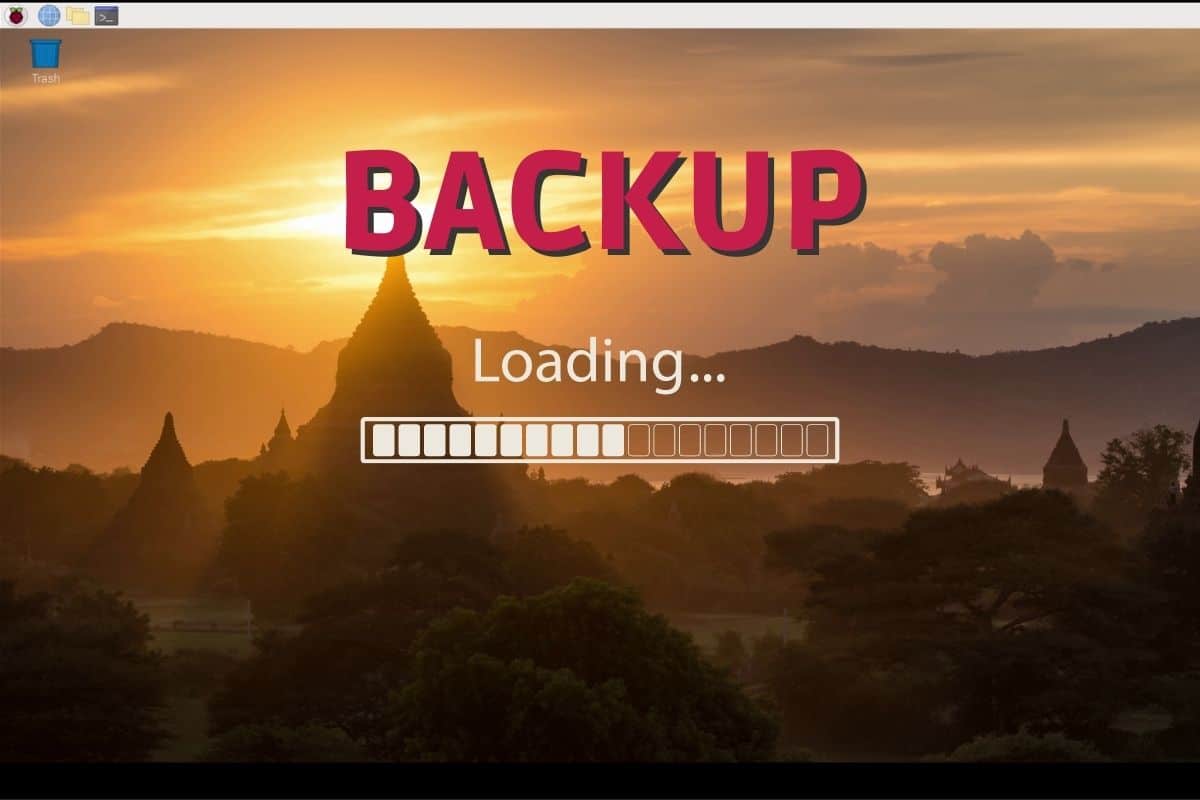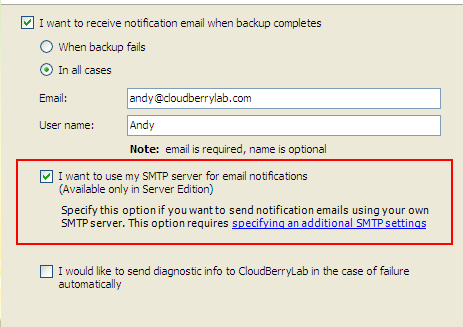
I can only assume the “Standard Edition” is, in fact, the “Pro version” as described on the website.
Cloudberry backup raspberry pi license key#
It was for the “CloudBerry Backup for Linux Standard Edition” according to the email containing the license key I received. So, finally, you only have to pay if you plan to use the product for relatively large backups or if you need advanced features like encryption.įor this review, we’ve obtained a complimentary license. After that time, you will have to pay an extra 20% of the price for one more year of upgrades.įor what I understood, you can always use the “free license” to restore your data. With a paid license you gain free access to all updates of the software for one year. So, if the license price is “one time fees” per computer- you have to add the storage price to estimate the total cost of ownership of that solution. Buying or renting the actual storage is up to you. Speaking of that, CloudBerry only provides the backup solution. Independently of eventual storage limitations imposed by your storage provider. Those limitations are limits enforced by the software. But it raises at 5TO for the “Pro” version and is unlimited for the “Ultimate” version.
Cloudberry backup raspberry pi pro#

Anyway, that’s how I would use it in “corporate” environment to manage backups on a server for example, or when working remotely through ssh. So I decided to focus today on the command-line interface while reviewing that product.

The GUI interface is rather intuitive as you can see by scrolling through the product page.

The tool provides both a GUI and a CLI interface. It’s a solution provided by CloudBerry Lab for “corporate and personal use”. Today I will review the CloudBerry Backup for Linux. Cloud-based Backup solutions have the wind in their sails.


 0 kommentar(er)
0 kommentar(er)
